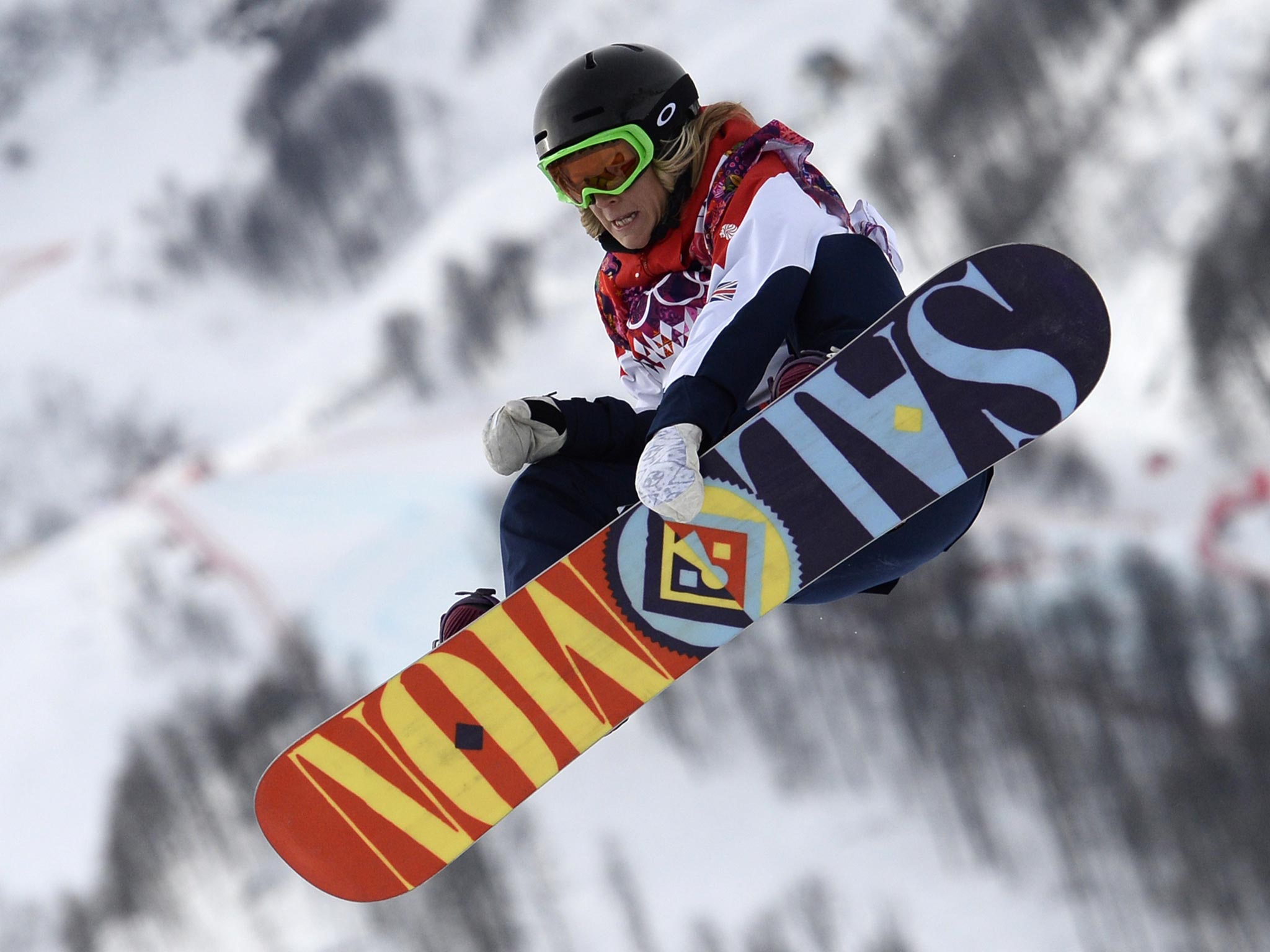Ashling O’Connor: Based on slopestyle’s eye-catching success at Sochi, the IOC has ‘really thrown it down’ to attract a new generation to the Olympics
It is indicative of a fresh approach at the IOC, forced on it by a new media reality

Everyone agrees that the star of the Winter Olympics so far has been the new kid on the block: slopestyle skiing/snowboarding. Without knowing much about it, the middle-aged British television viewer – vaguely aware that their teenage children might watch the X Games – has been sucked into a world of double corks, switch backside 360s, grabs, box rails and kickers.
We’ve become such overnight experts we feel able to turn sagely to the person next to us on the sofa and conclude that a competitor “really threw it down” – with barely a hint of self-consciousness.
The newest event to the Olympic programme has provided some of the defining images of the Sochi Games. No matter how stylish a downhill skier might be, there’s pretty much only one pose you can capture on a still camera, barring a wipeout. A nose butter triple cork 1620 – the hardest trick in the book – beats a tuck for visual wow factor any day of the week.
Even the highly excitable BBC commentators – crying, screaming and wearing out the word “solid” – have been more hit than miss. They have been criticised by journalists for a lack of professionalism (we are a po-faced lot, aren’t we?), but the reception from the general public has been overwhelmingly warm.
Unsurprisingly, the buzz seems to be rubbing off on the International Olympic Committee (IOC), whose members voted to admit the slopestyle events at a board meeting in Durban, South Africa, in July 2011.
So much so that this could prove a seminal moment in the Olympic movement. With Thomas Bach, the newly elected IOC president, intent on a reform agenda, the runaway success of slopestyle could yet pave the way for the addition of extreme sports such as skateboarding and climbing to the summer Olympic programme as early as 2020. These two disciplines plus roller sports will be showcased as demonstration sports at the Summer Youth Olympic Games in Nanjing this August to raise their exposure and increase the event’s appeal to young people.
At the session for Bach’s election in Buenos Aires in September, when he succeeded Jacques Rogge, who at 71 is 11 years his senior, there was an air of same-old, same-old when wrestling was voted back in and wakeboarding, roller sports and climbing were eliminated in the first round.
But the canny German, with an eye on television ratings and sponsorship, is slowly testing the appetite for greater flexibility in what warrants inclusion in the Olympics and what is past its sell-by date. Historically, a sport has had to campaign for seven years before it can even be considered.
The debate around whether new sports should be added for Tokyo 2020 will reach its height at an extraordinary session in Monaco in December, which was called in itself as a way of showing how the IOC can be more fleet-footed. Why wait until the ordinary session in July 2015 if it can be decided this year?
It is all indicative of a fresh approach at the top of the IOC, forced upon the 120-year-old organisation by the new media reality. That is, television audiences – not just in sport – are getting older so the Olympics risk becoming less and less relevant.
Traditionally, viewership of the Olympics has always been a bit on the senior side. Not even a quarter of those who watched the Vancouver 2010 Games were aged 35 and under. But people of a younger ilk are watching in other ways. Vancouver was also the first winter Games to be fully embraced by the digital generation: there were more than 272 million online video views, including 125 million live video streams, according to IOC research. This equated to more than 38 million hours watched online and not on TV.
It has not escaped the attention of the IOC marketing department that there is a huge crossover between those who play video games and those who watch the X Games. Certainly, both wear their trousers a lot lower than they do in Lausanne.
Slopestyle skiing/snowboarding and the half-pipe events, of which the ski version was also included for the first time in Sochi, are the bridge. A new generation must fall in love with the Olympics if the movement is to survive. Adapt or die. The IOC knows this full well. So embracing slopestyle was a genius move. Or, as the BBC commentary team might put it, the suits totally stomped it.
Subscribe to Independent Premium to bookmark this article
Want to bookmark your favourite articles and stories to read or reference later? Start your Independent Premium subscription today.

Join our commenting forum
Join thought-provoking conversations, follow other Independent readers and see their replies